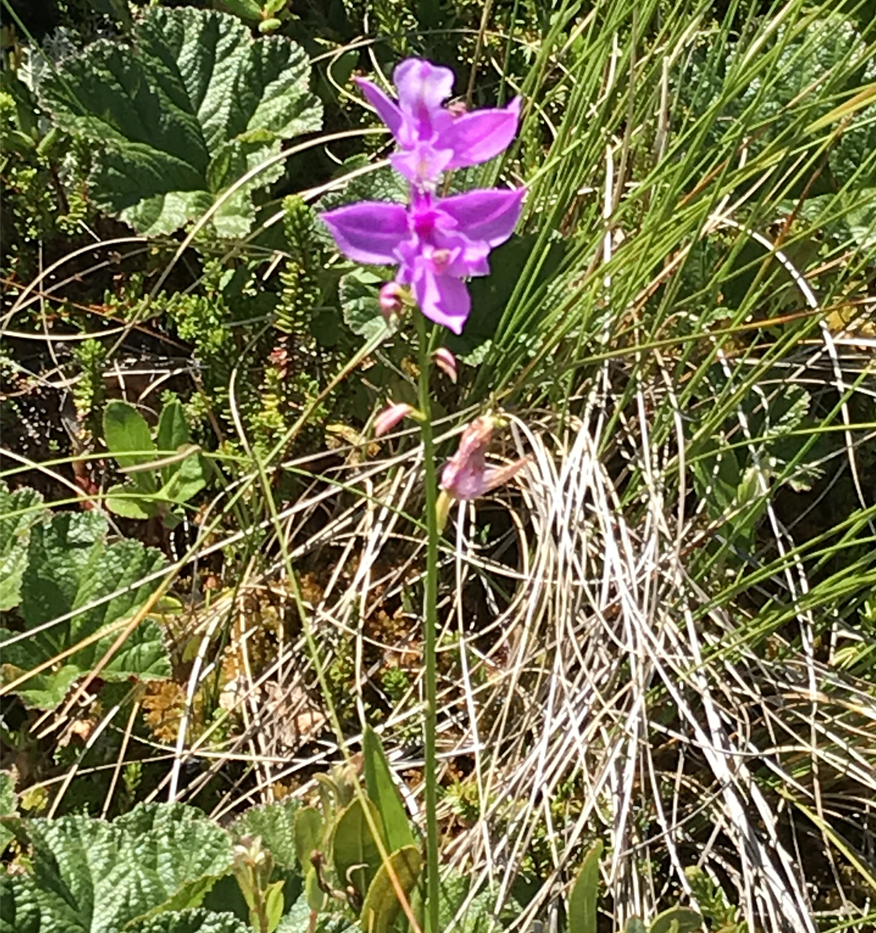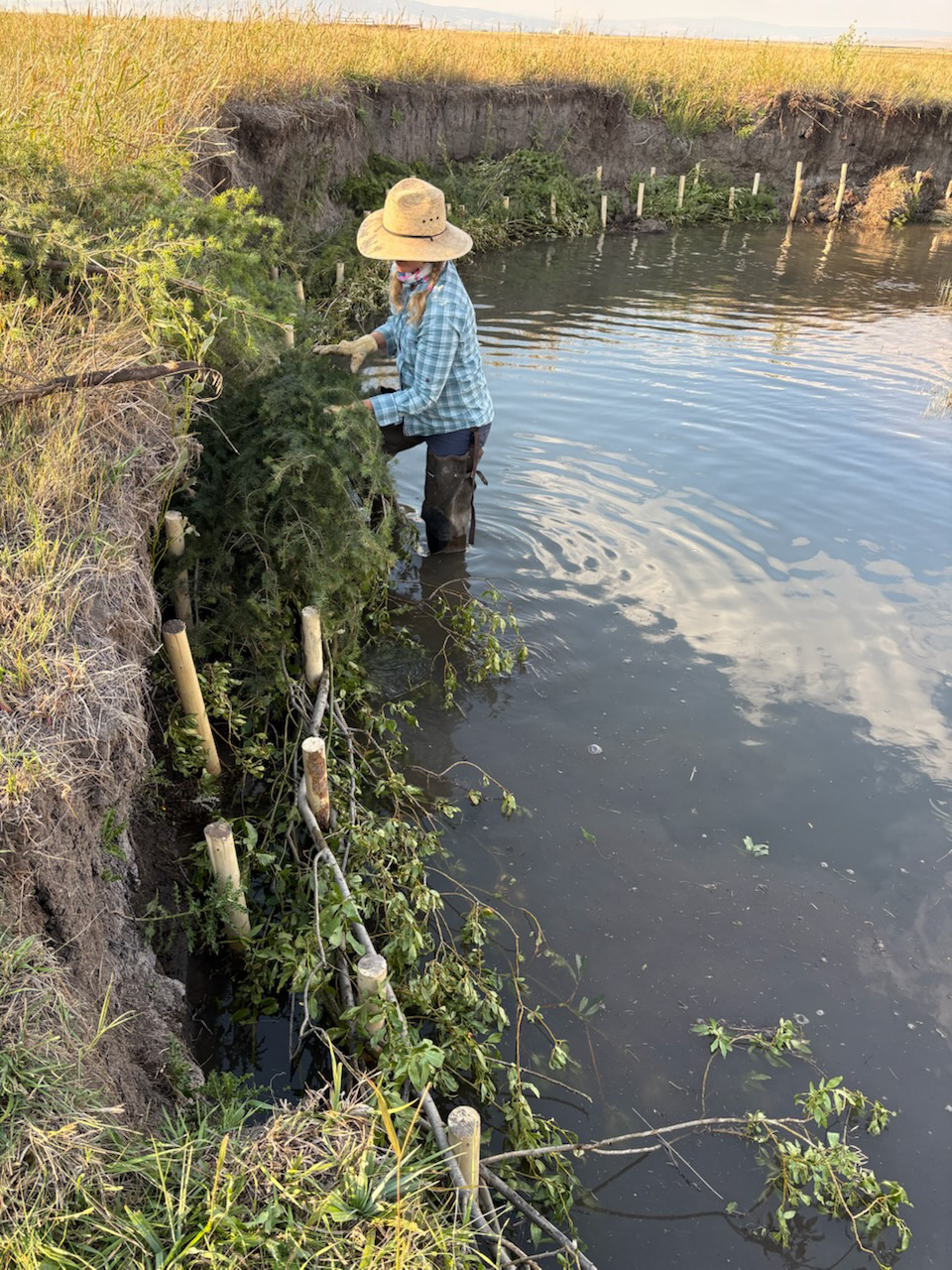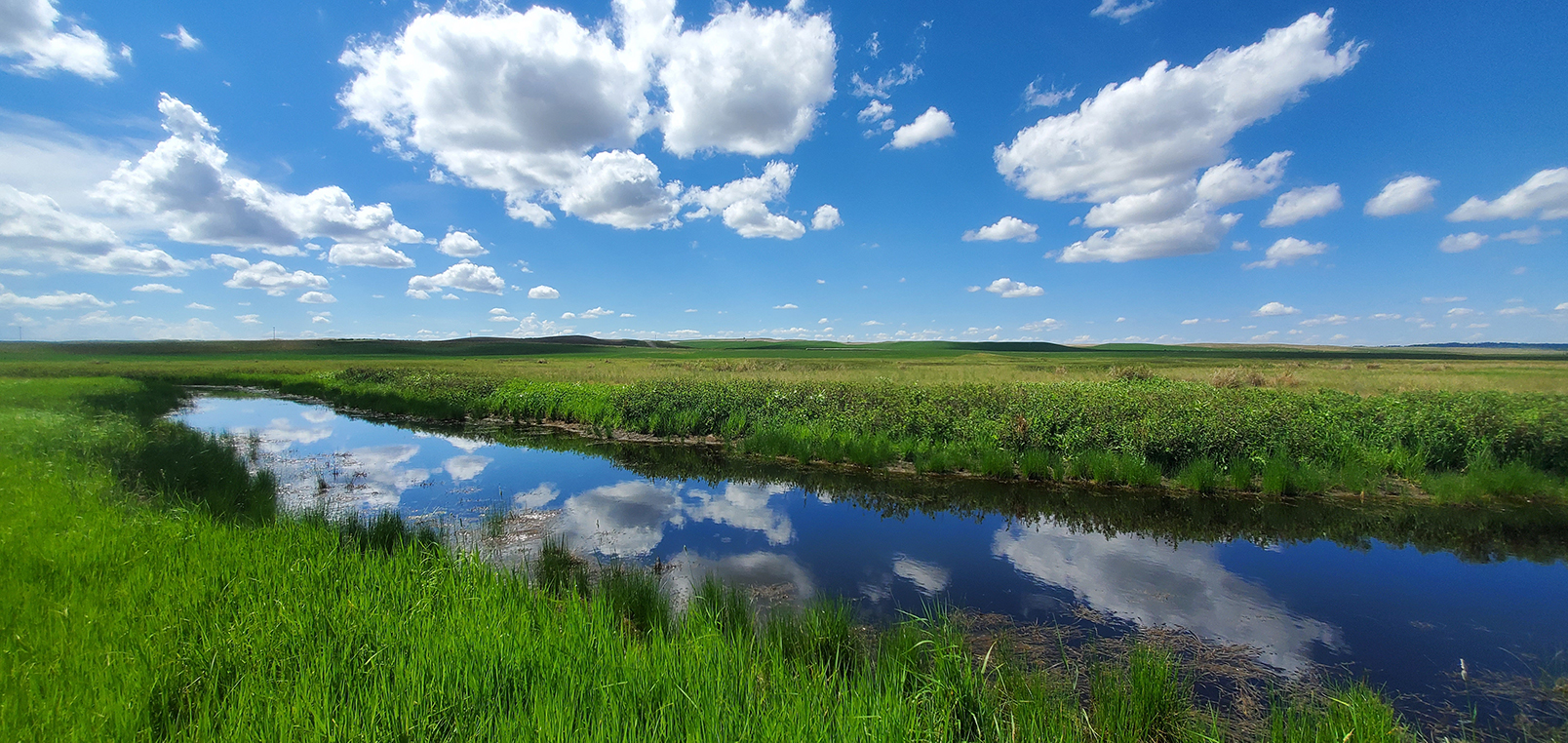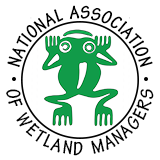NAWM Members
 Members receive weekly issues of Insider’s Edition and bimonthly issues of Wetland News per year. If you are a member already, you may read the latest issue of Insider’s Edition and Wetland News (NAWM’s membership newsletter) by logging in to your Members' Portal. NAWM membership benefits information.
Members receive weekly issues of Insider’s Edition and bimonthly issues of Wetland News per year. If you are a member already, you may read the latest issue of Insider’s Edition and Wetland News (NAWM’s membership newsletter) by logging in to your Members' Portal. NAWM membership benefits information.
NAWM is looking for photos of our members working in the field—whether inside or outside, regulation or restoration, monitoring & assessment—or mapping & management of wetland resources. We would like to feature photos of wetland professionals doing a wide range of activities in the field of wetland science, policy and management. Please email these photos to Laura at laura@nawm.org for use on the NAWM website and/or in our membership newsletter, Wetland News.
The NAWM membership includes state, tribal, federal, and local wetland managers, regulators, researchers, field scientists, academics, private consultants, and more. These wetlanders work across the United States in a wide variety of wetlands and related aquatic resources. To celebrate the important work that NAWM members are doing, each month NAWM shines the Member Spotlight on one member to learn more about the good work they are doing to protect and restore our wetland resources, how they came to work in wetlands, and how being a member of the Association benefits their work. If you would like to nominate a member for a future Member Spotlight, please reach out to Portia Osborne, NAWM Executive Director, at portia@nawm.org. View Member Spotlight Archive.
Sara Owen

Sara Owen works as a Senior Ecologist for Naturion.
Who do you work for and what is your current position?
I work for Naturion, a mitigation banking company that focuses primarily on stream and wetland banking. I am a Senior Ecologist, and I focus on the monitoring and maintenance of our Montana banks, but I do a little bit of everything from regulatory to construction.
What is your favorite part of your job?
The field work! I am lucky to work in some really cool places, and as a nerd extraordinaire, I get to observe and geek out on plants, bugs, birds...all the things that make wetlands cool. I get to visit these sites over and over, through different seasons, which allows me the opportunity to really get to know these places and see how they change. I got to see a new beaver dam as it was just starting to be built, then saw how the beavers enlarged it over the summer. I also got to build beaver dam analogs for the first time, which was a great learning experience. The beavers poached the willows I placed in the structure, and I don't know if I should be offended or if I offended them. It will be so interesting to go back this spring to see what all they’ve done since last August.
What is one of your biggest professional accomplishments?
I guess it would be what I did for the better part of a decade: contributing wetland mapping to the National Wetlands Inventory. As a data producer I created mapping for over a dozen states, primarily in the West; as a regional coordinator for the NWI program I did QC for at least a dozen more states. In all I've probably been involved with mapping wetlands on a couple hundred million acres all across the US. Knowing how many different entities rely on this dataset and how important this dataset is for wetland conservation, it is satisfying to know I played a part in it.
What is your favorite wetland, or type of wetland, or wetland species? Why?
This is an impossible question to answer, and I refuse to pick one. Having said that, my favorite wetland is probably the one I'm standing in (there are exceptions: ticks, mosquitoes, and biting flies may influence my answer) and my favorite species is probably the one I'm squealing with glee over at that moment, lying on my belly with my camera inches away from the subject, trying to get a badass shot that I will later recreate in my watercolor travel journal. Lately that has included a lot of noxious weed biocontrol insects. And fine, if you're gonna make me pick, freshwater wetlands are my favorite. But don't ask me to narrow it down beyond that because, I mean…bogs, fens, prairie potholes, wet meadows, springs, seeps, marshes, forested floodplains, swamps? Yes, yes, and yes!
 How did you end up working in wetlands?
How did you end up working in wetlands?
That is 100% my dad's fault. Or maybe it was pre-determined for me because I wanted to be a frog when I grew up…but it's probably my dad's fault. He moonlighted as a wetland consultant and once my sister and I were old enough to be assets and not liabilities, he would drag us out with him on weekends and we would help dig soil pits, identify vegetation, and look for hydrology indicators. So, I started early (junior high, maybe?), and even though I had a bit of a convoluted path during college and grad school, I eventually found my way back to wetlands where I belong.
What advice do you have for someone interested in getting started in wetlands work?
Find someone who does what you think you want to do and talk to them. Shadow them or find an internship or volunteer opportunity to learn more about that type of work. Take a wide variety of classes in school if you can, but never stop learning: watch webinars, read journal articles, white papers, blog posts, or other published materials about the work you are interested in. Be flexible. Don’t be afraid to apply for a job that you don’t think you are qualified for based on the job description. If you have relevant experience, go for it and see what happens. If you don't enjoy your work, learn from it what you can and seek an opportunity that better suits your interests and/or skillset. Get to know people in the wetland world because they will share employment opportunities with you because sometimes it's just as much about who you know as it is about what you know.
How long have you been a member of NAWM? How have you participated in NAWM?
I have no idea how long I’ve been a NAWM member…since the mid-late 2010s sometime, I think. I’ve been a member of the Wetland Mapping Consortium steering committee since 2020, which was supposed to be the year I attended my first annual meeting. I had JUST bought my tickets when Covid shut everything down (of course); last year I finally made it to the meeting in Stevenson, WA. I hope to make in-person appearances at the annual meeting a regular occurrence.
What is your favorite benefit of being a member of NAWM?
The webinars, meetings, committees, and newsletters provide an opportunity to learn what other wetland practitioners are doing. I never thought I'd be a land manager, but here I am making decisions for our mitigation banks that have real impacts on the overall health of the systems, not to mention whether or not our credits are released for sale. It's a bit terrifying to be the one who makes the decisions, but the NAWM community is one of the best resources to learn what others who do the same kind of work as me are doing, and what has or has not worked for them. Having such a breadth of accessible knowledge from all over the country to draw from keeps me feeling hopeful about my own work because I know I can reach out to other members with questions or bounce ideas off of someone else. Plus, you can network like crazy (if you’re not a total introvert like me) at meetings!
If you would like to nominate a member for a future Member Spotlight, please reach out to Portia Osborne, NAWM Executive Director, at portia@nawm.org.
View Member Spotlight Archive.
